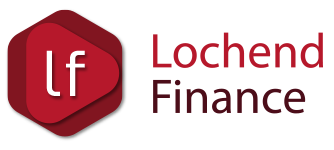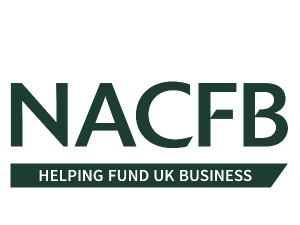What is Asset Finance?
Asset Finance is a collective term to describe Hire Purchase and Leasing products for businesses. It is one of the most common forms of external finance used by SMEs and larger businesses as well.
It is typically used to finance items such as vehicles, trucks, construction machinery but can also be used to fund IT and Telecoms Systems and smaller items as low as £2K in value with no upper limit.
The most common assets financed are “hard assets”. These are items that typically have a tangible value and can be readily identified by way of a registration or serial number. Anything with wheels or tracks is a good example such are cars, vans, HGVs, LGVs, coaches, motorhomes, classic cars, tractors, diggers and general construction machinery & equipment, although this list is not exhaustive.
“Soft Assets” can also be financed. The word “soft” is often misleading as it simply means these assets typically do not hold their value as well and may not be as easy to recover or identify down the line. Examples would be IT equipment, scaffolding, refrigeration, air conditioning units, photocopiers, gym equipment, beauty / medical equipment. Again, this list is not exhaustive.
Take a look at our Completed Deals page for examples of how we have helped our clients with Asset Finance.
There are two main ways to finance these assets.
Hire Purchase
Hire Purchase allows the customer to buy the item on credit. The finance company purchases the asset on behalf of the customer and owns it until the final instalment is made, when ownership transfers. Depending on the item being purchased and the underlying strength of the business, a deposit “may” be required equivalent to a small percentage of the cost of the goods. For hard assets this may be 5-10%. For soft assets, the deposits tend to be higher. VAT will generally need to be accounted for as well as part of the transaction.
Finance Lease
The full value of the equipment is repaid to the finance company, plus interest, over the lease period. At the end of the term, the company can choose to:
- return it.
- continue to use the asset by entering a secondary rental period.
- sell the asset and keep a portion of the income from the sale.
At Lochend Finance we will discuss the best options for you and your business based around your individual circumstances.
What benefits does a business get from using Asset Finance?
- They give businesses access to the equipment they need without incurring the cash flow disadvantage of an outright purchase, this means the business has access to the latest equipment which may be more efficient than older equipment.
- Finance agreements can often be tailored to the needs of the business, with flexibility on both the term and repayment schedule.
- Leasing and Hire Purchase are excellent budgeting tools as payments are usually fixed, allowing improved cash flow management.
- Asset Finance providers often specialise in a particular type of asset about which they have expert knowledge.
- Generous Capital Allowances are available when purchasing assets and on new assets purchased from April 2021 to March 2023, companies can claim a 130% capital allowance on qualifying plant and machinery investments.
- With Hire Purchase, VAT needs to be paid up front (where applicable) but can generally be claimed back from HMRC. With a Finance Lease, there is no upfront VAT outlay (other than on the deposit) however the monthly rentals will include VAT which again, can typically be claimed back.
Whether you are looking for Hire Purchase or a Finance Lease for your vehicles, plant, machinery or equipment our expert team will be on hand to help you throughout and will provide a no obligation discussion, best advice and generally a same day quotation. Please call us today to see how we can help or submit an enquiry and we will contact you.





